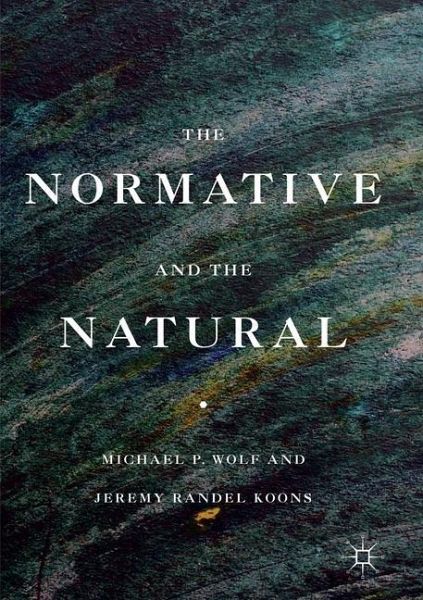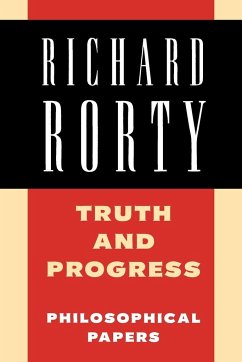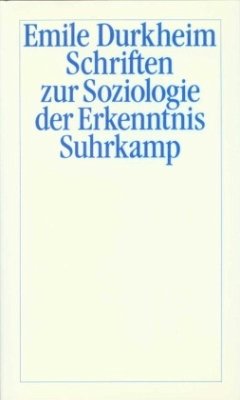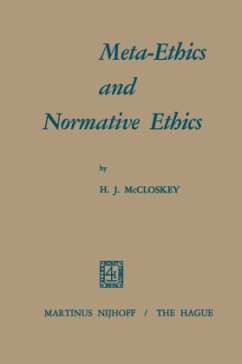
The Normative and the Natural
Versandkostenfrei!
Versandfertig in 6-10 Tagen
76,99 €
inkl. MwSt.
Weitere Ausgaben:

PAYBACK Punkte
38 °P sammeln!
Drawing on a rich pragmatist tradition, this book offers an account of the different kinds of 'oughts', or varieties of normativity, that we are subject to contends that there is no conflict between normativity and the world as science describes it. The authors argue that normative claims aim to evaluate, to urge us to do or not do something, and to tell us how a state of affairs ought to be. These claims articulate forms of action-guidance that are different in kind from descriptive claims, with a wholly distinct practical and expressive character. This account suggests that there are no norm...
Drawing on a rich pragmatist tradition, this book offers an account of the different kinds of 'oughts', or varieties of normativity, that we are subject to contends that there is no conflict between normativity and the world as science describes it. The authors argue that normative claims aim to evaluate, to urge us to do or not do something, and to tell us how a state of affairs ought to be. These claims articulate forms of action-guidance that are different in kind from descriptive claims, with a wholly distinct practical and expressive character. This account suggests that there are no normative facts, and so nothing that needs any troublesome shoehorning into a scientific account of the world. This work explains that nevertheless, normative claims are constrained by the world, and answerable to reason and argumentation, in a way that makes them truth-apt and objective.












